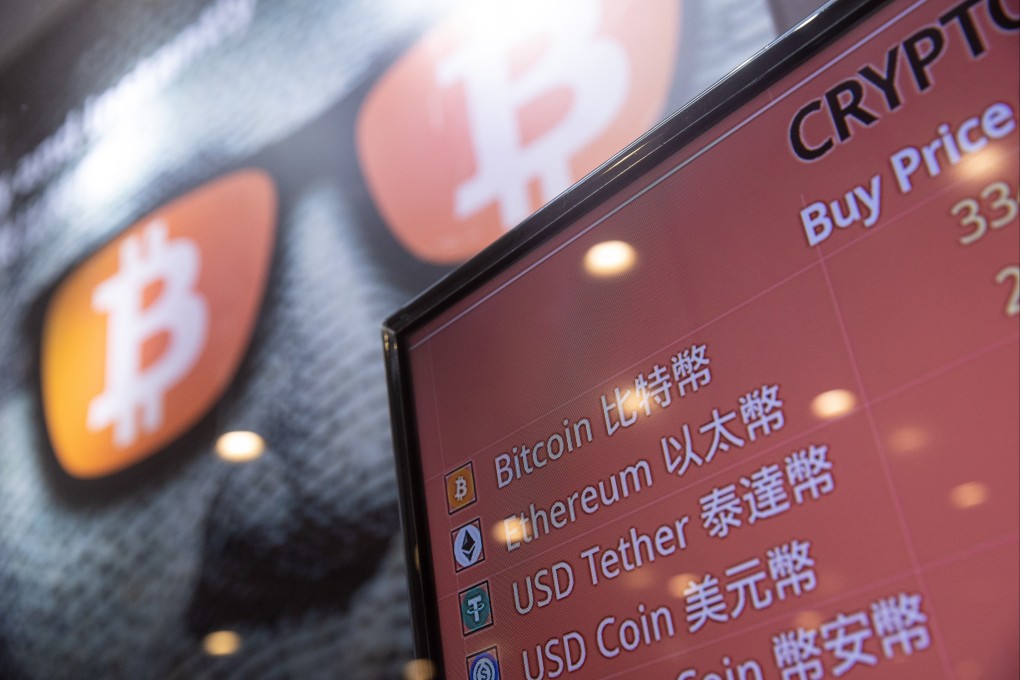China back among top 10 crypto-using countries in Chainalysis report after crackdown, as Vietnam keeps top ranking
- Lower-middle-income countries make up half the top 20 in this year’s Crypto Adoption Index, while Hong Kong languishes at No 46
- Beijing’s crackdown on bitcoin mining and ban on cryptocurrencies last year temporarily drove many related activities underground

Mainland China ranked 10th in the firm’s 2022 Global Crypto Adoption Index, up from 13th place last year but down from fourth place in 2020. The country was found to be “especially strong” in its usage of centralised cryptocurrency exchanges, ranking second in the centralised service subcategories.
Such data suggests that the Chinese government’s ban on all cryptocurrency trading, announced in September last year, “has either been ineffective or loosely enforced”, according to Chainalysis.
“The ban was severe on financial service providers offering fiat-to-crypto/token exchange services, but China has been supportive to blockchain technologies,” Yip said in a written exchange. “In my opinion, crypto/blockchain participants are playing with the word ‘metaverse’ and ‘NFT’ as a disguise to move on with their activities in ‘crypto’.”
The Global Crypto Adoption Index ranks countries and regions by the value of cryptocurrency transactions across different types of services, weighted based on the jurisdictions’ income level. Half of the top 20 countries in the report are lower-middle-income countries, with Vietnam taking the top slot for the second year in a row and the Philippines ranking second.
Sending remittances is one popular use of crypto for lower-middle-income countries, according to Chainalysis.
Video games that use cryptocurrencies, often dubbed “play-to-earn” games, are also popular in Southeast Asian countries, with one example being Axie Infinity. But such games, which some people play with the intent of earning a living, have also been criticised as exploitative over the practice of large crypto holders loaning game assets to players who cannot afford them.